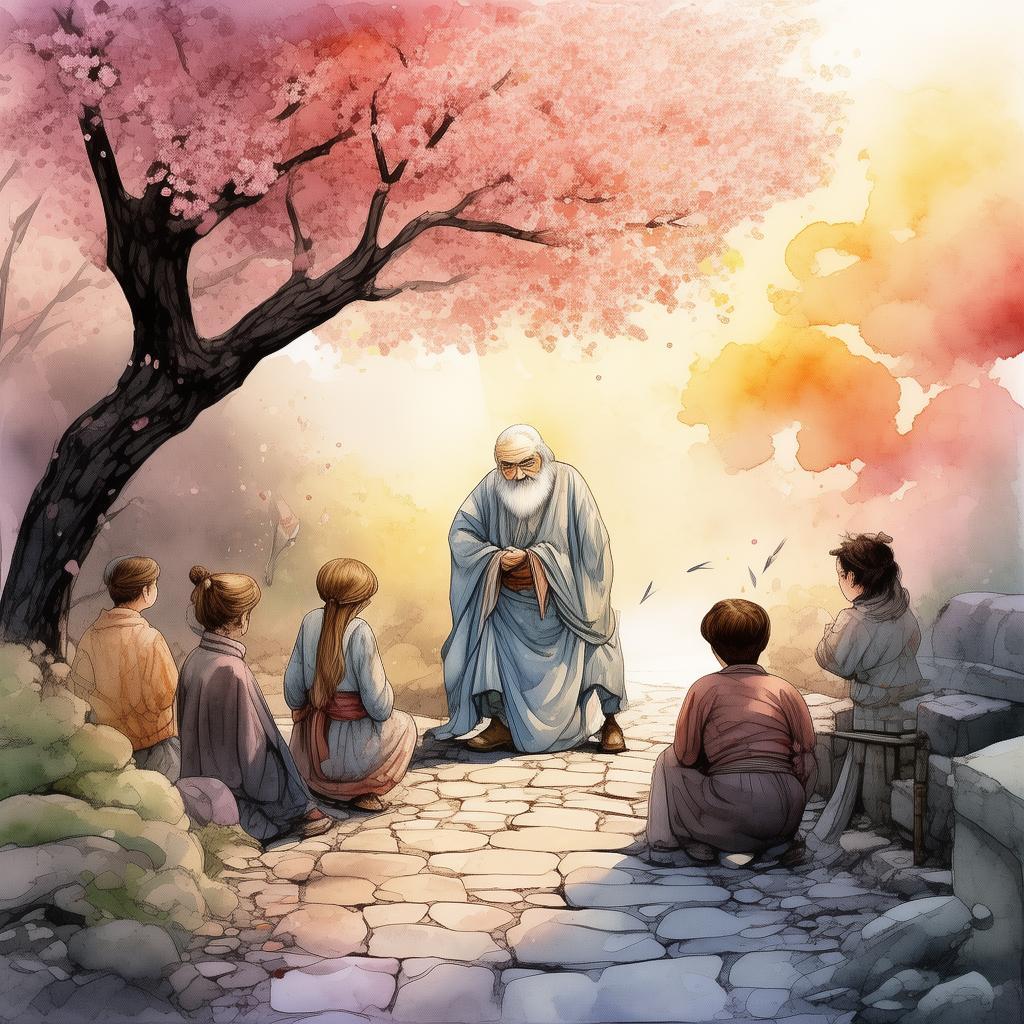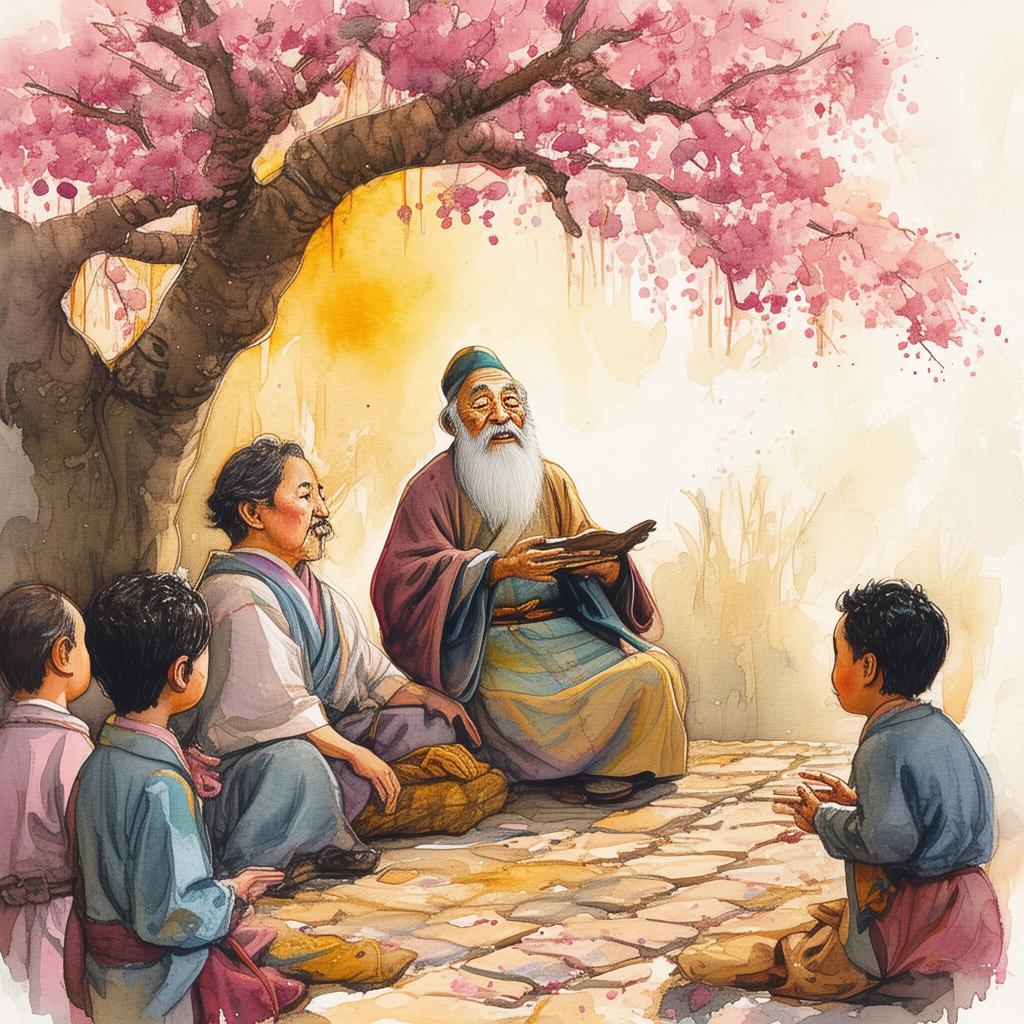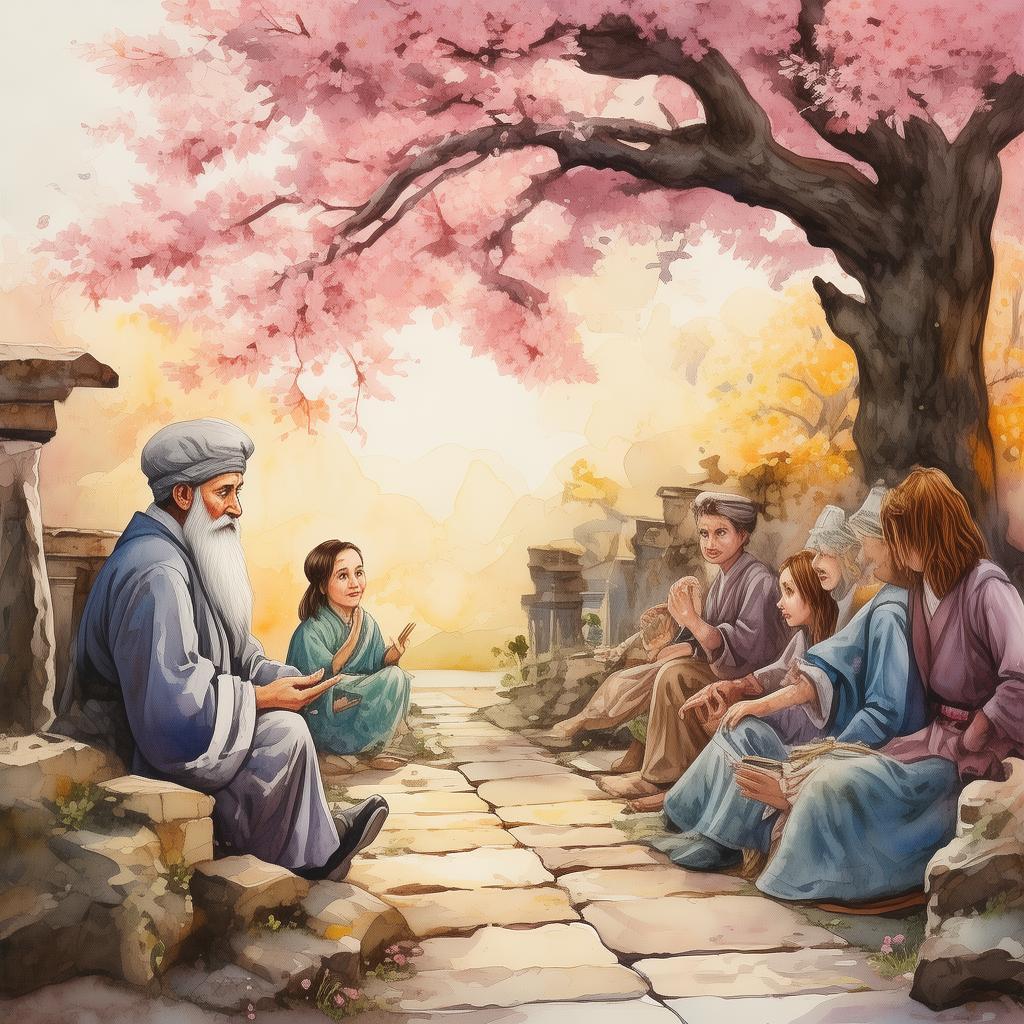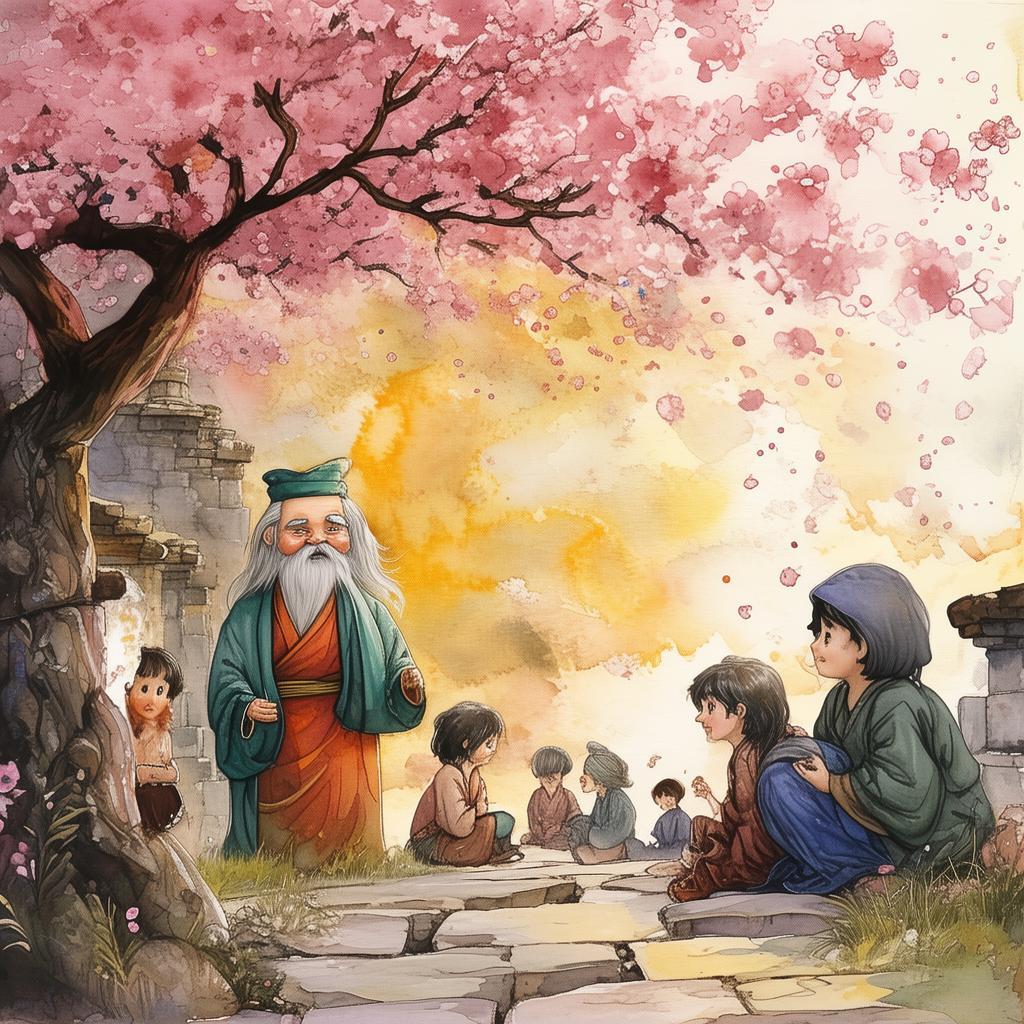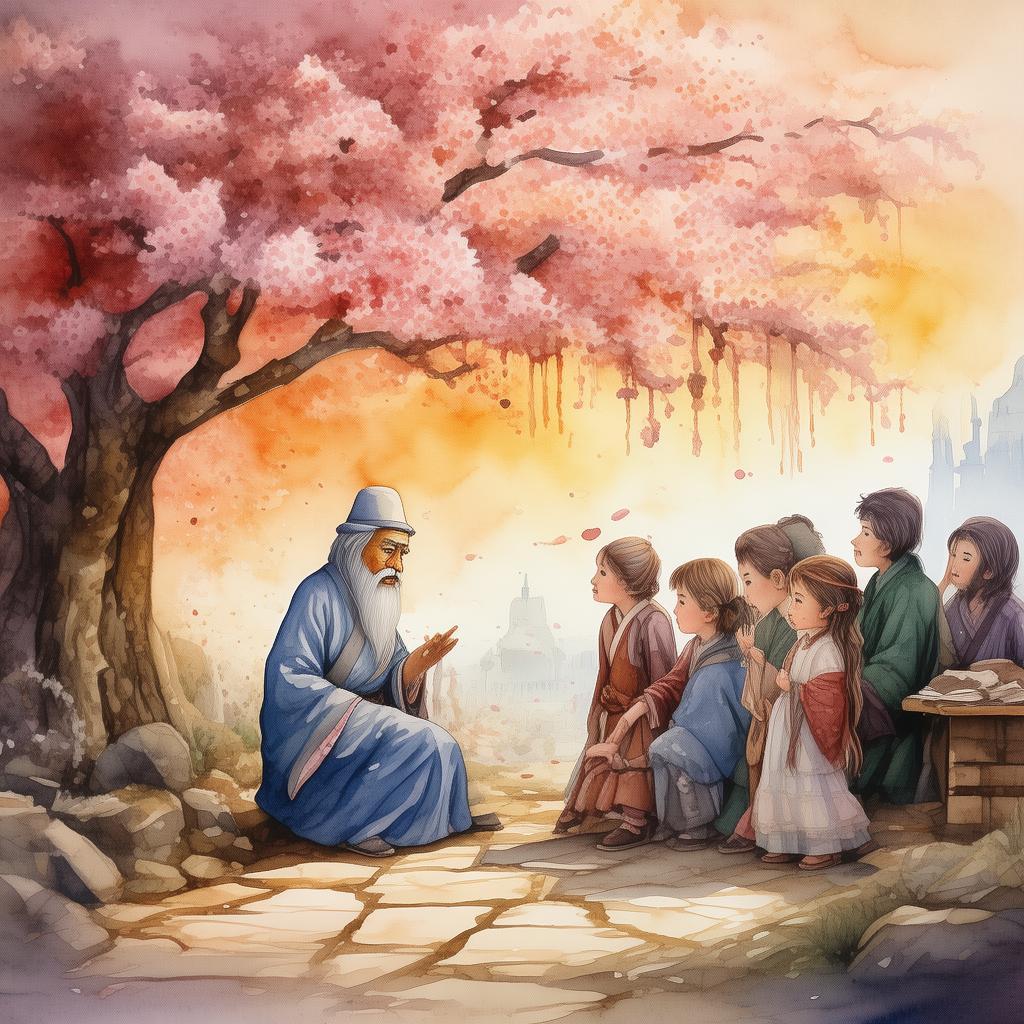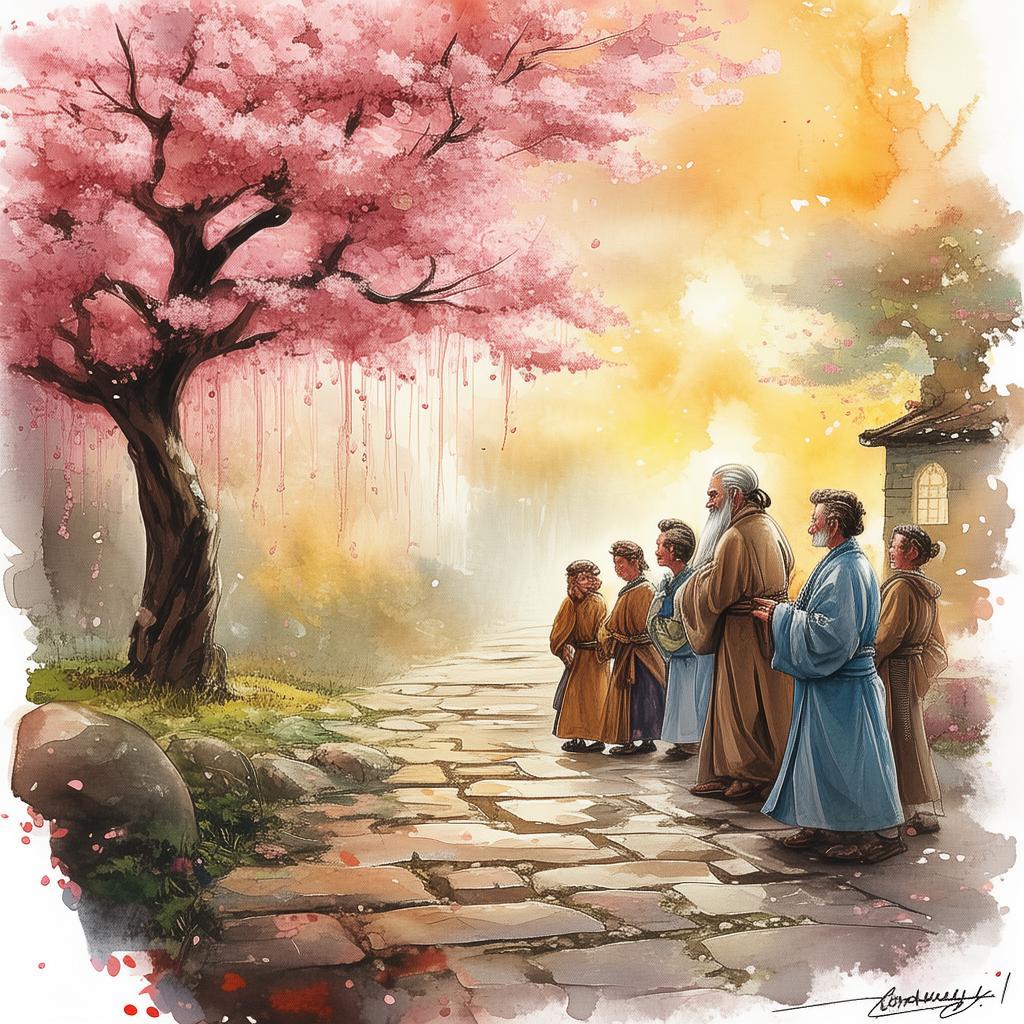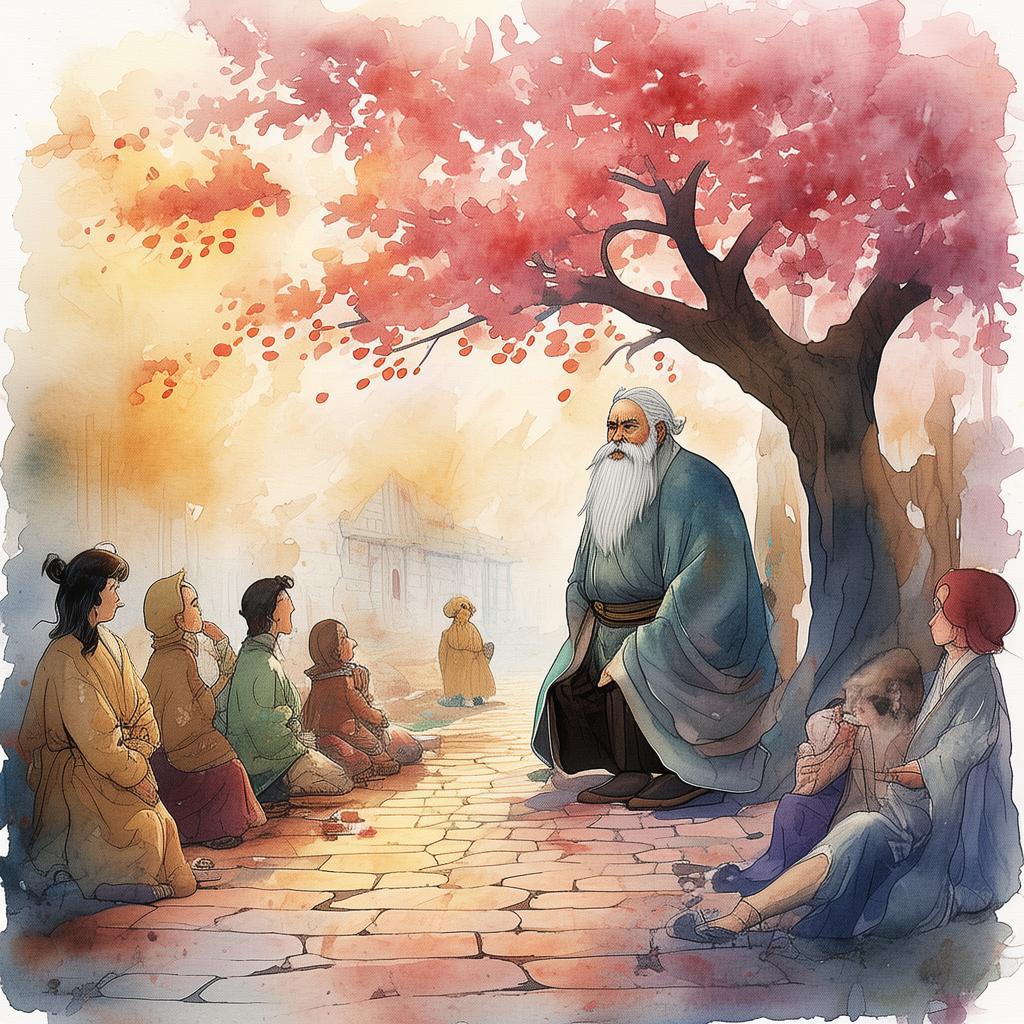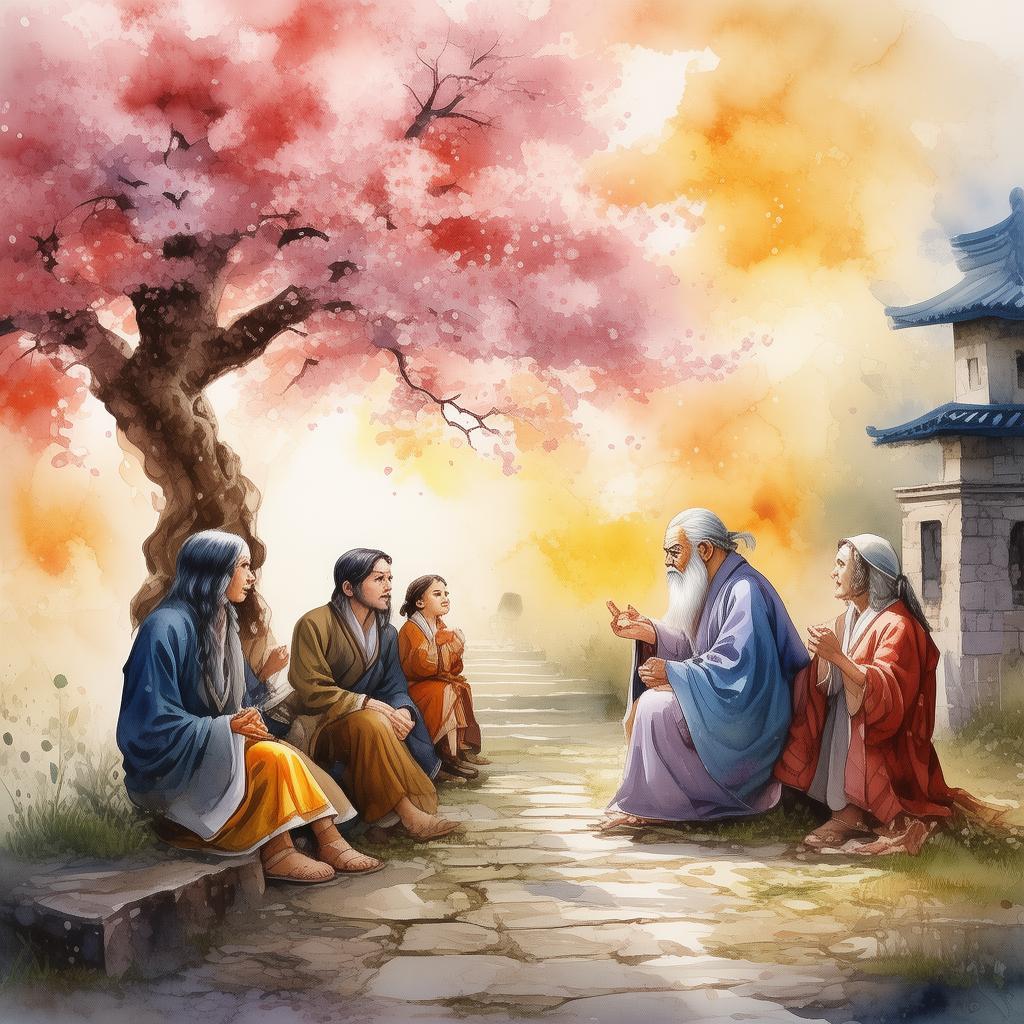The Snowy Bard's Lament: A Melody of Love and Loss
In the heart of the ancient kingdom of Elysium, where the snowflakes danced like silver feathers in the crisp winter air, there lived a bard named Aria. Her melodies were as enchanting as the snow-covered landscapes that surrounded her, and her songs were the lifeblood of the kingdom's citizens. Aria was not just a bard; she was a symbol of hope and resilience, her voice a beacon of light in the darkest of times.
The kingdom of Elysium was at war with its neighboring realms, and the people were weary of the constant strife. Aria's songs were a balm to their souls, a reminder of the beauty that still existed in their world. She was known as the Snowy Bard, and her triumph was celebrated far and wide.
One of her most famous songs, "The Snowy Bard's Triumph," told the tale of a hero who rose from the ashes of defeat to bring peace to the land. The song was a testament to the power of love and victory, a story that inspired hope in the hearts of all who heard it.
But beneath the surface of her triumph lay a tragic tale of love and loss. Aria's heart was broken by the love of a man named Lior, a warrior who fought for the kingdom. Their love was forbidden, for Lior was betrothed to the princess of a rival realm. Despite the odds, they clung to their love, finding solace in each other's arms and the melodies of Aria's songs.
As the war raged on, Lior's love for Aria only grew stronger. He fought fiercely, not just for the kingdom, but for the chance to win her heart. Aria, in turn, composed a song for him, a melody that was as passionate as their love. It was called "The Lament of the Snowy Bard," a song that spoke of their love, their hope, and their sorrow.

The climax of the war approached, and Lior was called to lead the charge against the enemy. Aria, knowing the risks, composed a final song, "The Snowy Bard's Triumph," a song that would inspire the soldiers to victory. She sang it by the campfire, her voice echoing through the night, filling the hearts of the warriors with courage and determination.
The battle was fierce, and Lior fought valiantly. But in the end, it was not the enemy that defeated him, but an arrow that pierced his heart. As he lay dying, he whispered Aria's name, and his last act was to ensure that her song would be heard by the soldiers who fought beside him.
Aria, hearing the news of Lior's death, fell into a deep despair. She composed a new song, "The Snowy Bard's Lament," a melody that was as haunting as it was beautiful. It spoke of her love for Lior, of their shared triumphs, and of the sorrow that now consumed her.
The kingdom mourned the loss of their hero, and Aria's songs became even more poignant. "The Snowy Bard's Triumph" was still sung, but it was now accompanied by the somber tones of "The Snowy Bard's Lament." The people of Elysium learned that true triumph was not just in victory, but in the love that endures even in the face of loss.
Years passed, and the kingdom of Elysium was at peace. The Snowy Bard's songs were etched into the hearts of the people, a reminder of the love and sacrifice that had brought them through the darkest times. Aria's melodies became a part of the very fabric of the kingdom, a testament to the enduring power of love and the tragic beauty of life.
And so, the tale of the Snowy Bard's Lament: A Melody of Love and Loss, continues to be told, a story that resonates with the hearts of all who hear it, a reminder that true triumph is found not in victory, but in the love that endures through the ages.
✨ Original Statement ✨
All articles published on this website (including but not limited to text, images, videos, and other content) are original or authorized for reposting and are protected by relevant laws. Without the explicit written permission of this website, no individual or organization may copy, modify, repost, or use the content for commercial purposes.
If you need to quote or cooperate, please contact this site for authorization. We reserve the right to pursue legal responsibility for any unauthorized use.
Hereby declared.

